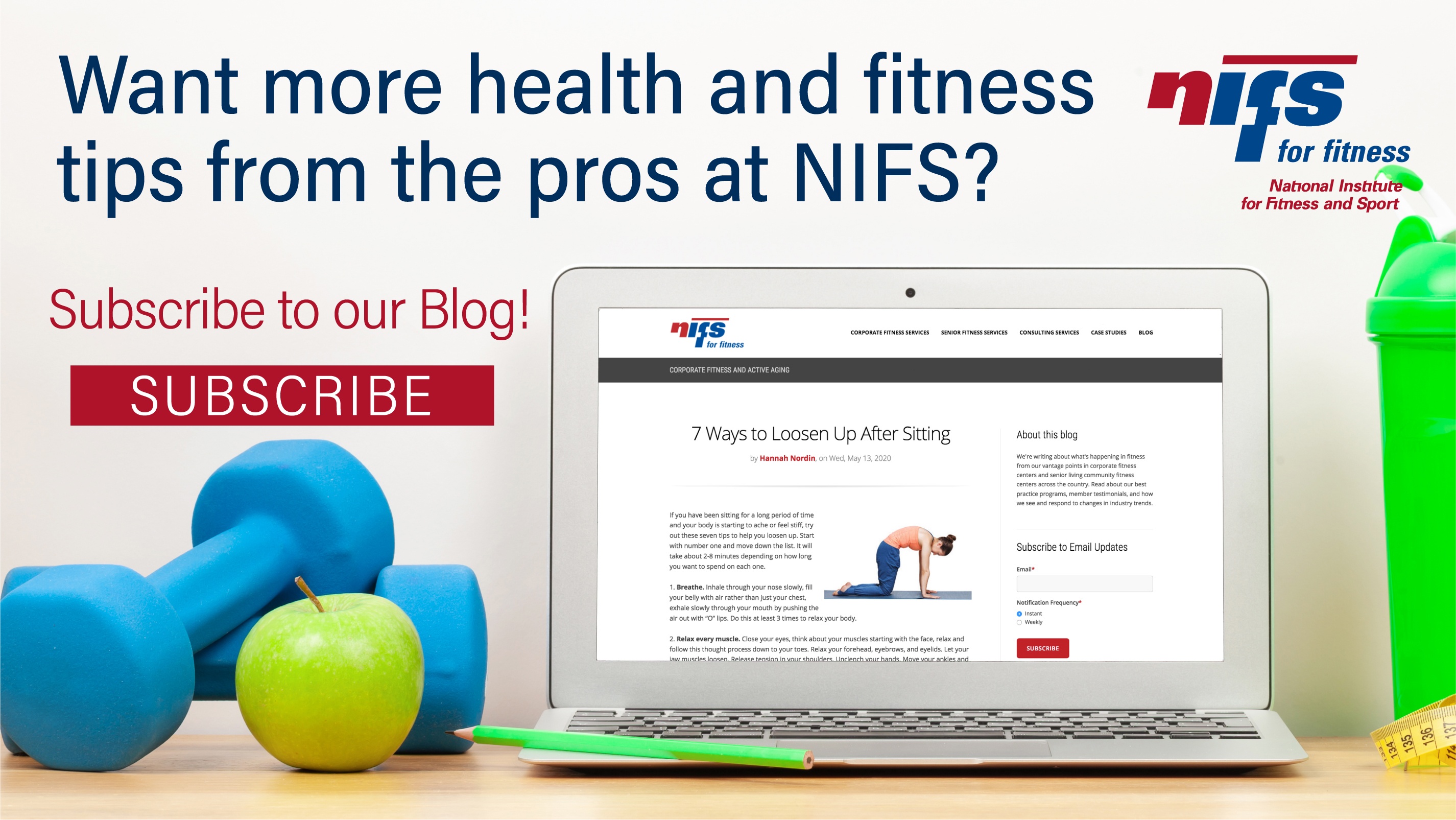 Exercising and having a healthy diet are key components to maintaining or even improving heart health. A heart healthy diet consists of food low in cholesterol, sodium, and high in fiber. Following the DASH diet is a great guideline to discuss with your doctor if you are in need of improving your diet for heart health. With the ideal diet, that not only helps with maintaining or lowering body weight, but it also helps with preventing diabetes, and improving your blood pressure as well as your bone and joint health.
Exercising and having a healthy diet are key components to maintaining or even improving heart health. A heart healthy diet consists of food low in cholesterol, sodium, and high in fiber. Following the DASH diet is a great guideline to discuss with your doctor if you are in need of improving your diet for heart health. With the ideal diet, that not only helps with maintaining or lowering body weight, but it also helps with preventing diabetes, and improving your blood pressure as well as your bone and joint health.
What can exercise do for your heart health? A lot! Combined with the appropriate foods, here is what exercise can do for the heart and vascular system as a whole:
- Prevents Diabetes. Over time, the nerves and blood vessels of the heart can be damaged by the effects of diabetes. When you exercise your cells are more sensitive to insulin and results in utilizing it better. Regular exercise reduces chances of developing the disease even if there is family history.
- Decreases likelihood of cardiovascular diseases. When the heart is not strong enough to pump blood through the body the result can be heart failure. Exercise not only strengthens muscles, but it also strengthens the heart. Other cardiovascular conditions such as high blood pressure can be caused by stress. Regular exercise has shown to release "feel good" hormones that aid in lowering stress levels and therefore reducing blood pressure.
- Aids in weight loss. Regular exercises can aid in weight loss efforts due to regular movement helping the body to burn calories. With less weight to carry around you relieve pressure on your bones and joints helping you feel less aches and pains.
- Improved Cholesterols levels. Lower LDL (low density lipids, what clogs your arteries) levels have been shown in people that maintain a healthy weight for their height. Higher HDL (high density lipids) levels increase with weight loss and exercise. These lipids are responsible for the formation of hormones and cellular repair.
- Decrease in medication use. With regular exercise you are likely to reduce your need for medications. This also results in saving money and allows you to live without being dependent on medications.




 Sleep is an essential need that the human body requires. It is vital for the infrastructure of good health. Not getting enough sleep can have a great effect on the body physically and mentally.
Sleep is an essential need that the human body requires. It is vital for the infrastructure of good health. Not getting enough sleep can have a great effect on the body physically and mentally.  Name:
Name: 
 Sometimes it’s hard to juggle all the daily responsibilities in life. Balancing work responsibilities can be difficult enough but trying to also maintain a social life at the same time can feel impossible. Being able to manage your time can be invaluable in many ways. There many benefits of having time management skills and having the right strategies can improve your skills.
Sometimes it’s hard to juggle all the daily responsibilities in life. Balancing work responsibilities can be difficult enough but trying to also maintain a social life at the same time can feel impossible. Being able to manage your time can be invaluable in many ways. There many benefits of having time management skills and having the right strategies can improve your skills.